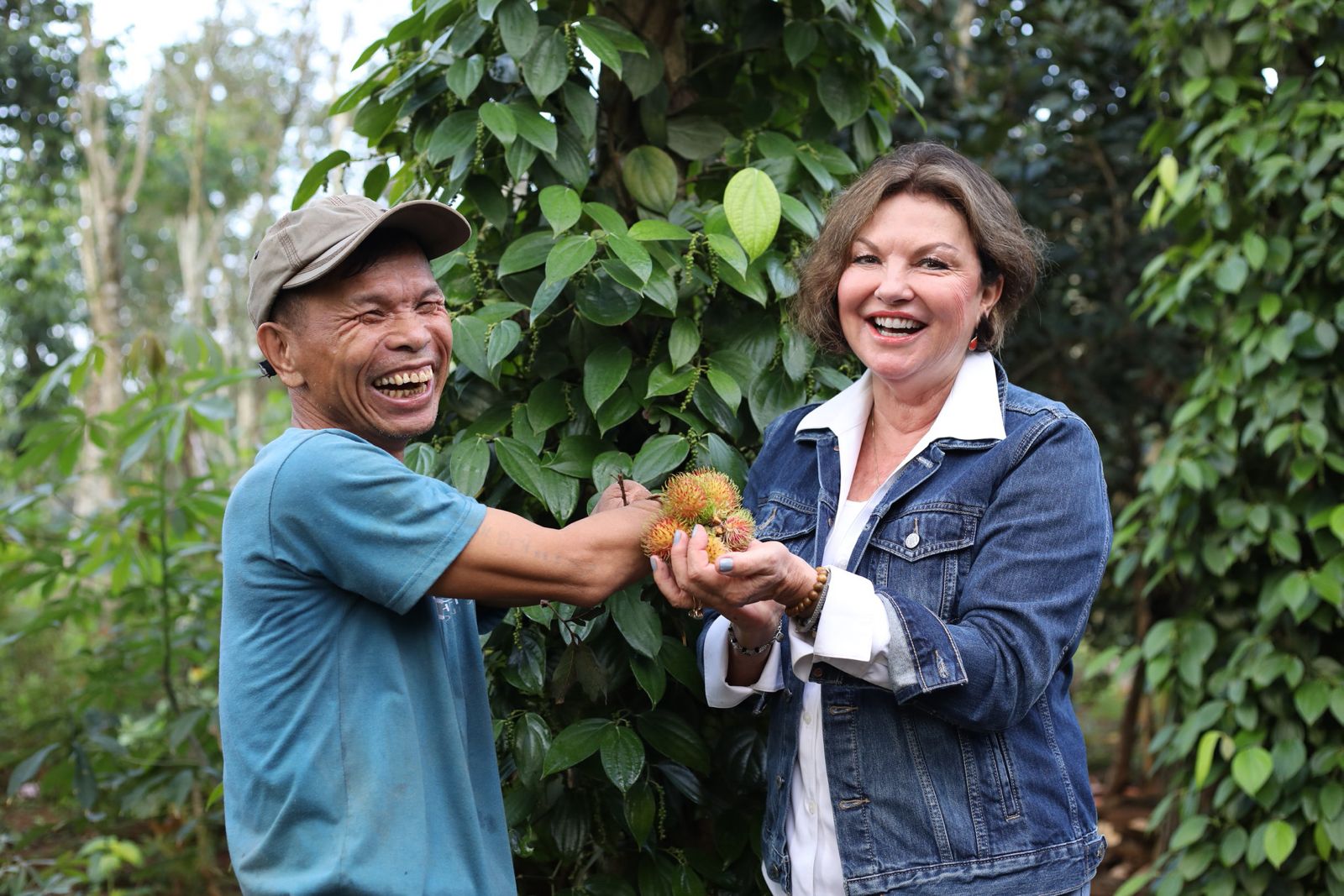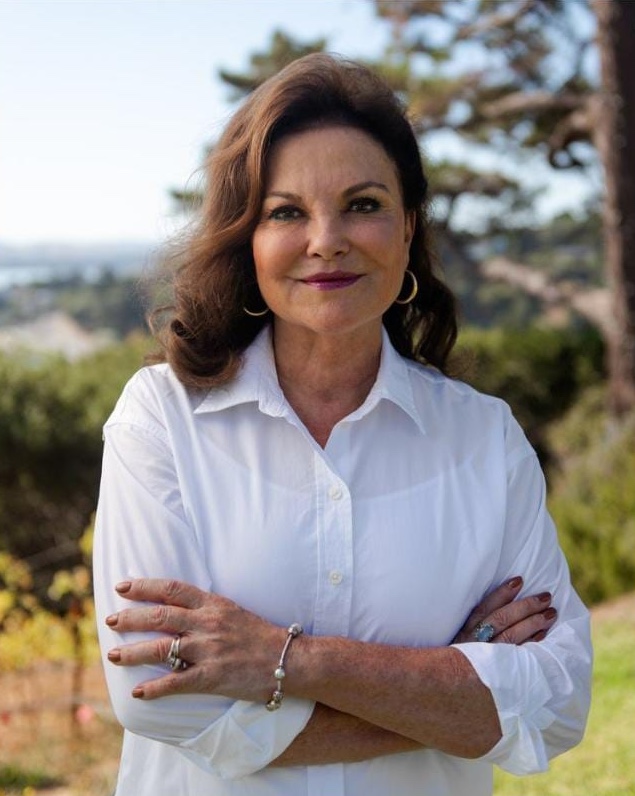More From News
UIII Builds a Bridge to Costa Rica
February 26, 2026
August 5, 2025
By Dadi Darmadi

Jakarta, August 4, 2025 – In the elegant ballroom of Jakarta’s Mandarin Oriental Hotel, Heidi Kühn stood before a diverse crowd at the Jakarta Fraternity Conference, hosted by Universitas Islam Internasional Indonesia (UIII). On July 29, 2025, the founder of Roots of Peace explained the Kühn Initiative for Post-Conflict Development Studies at UC Berkeley, a new program to train scholars and practitioners in rebuilding war-torn regions. Her speech, delivered during a session on “Advancing Human Fraternity across Borders,” captivated an audience that included Prof. Dr. Din Syamsuddin, Valerie Martano, and Emily Bogovic, with Dr. Rifqi Muna of UIII moderating.
Kühn, a Californian mother of four and grandmother of seven, has spent nearly 28 years turning battle-scarred lands into fertile fields. Through Roots of Peace, founded in 1997 in her family’s basement, she has overseen the removal of millions of landmines and the planting of over eight million fruit trees in countries like Afghanistan, Angola, Croatia, and Vietnam. Her mission replaces landmines with vineyards and orchards, offering farmers—especially women—a chance to reclaim their livelihoods.
At the conference, Kühn reflected on a February speech at Abu Dhabi’s Abrahamic Family House, where a mosque, church, and synagogue stand together. That afternoon, speaking to Ambassador Khalid Al-Gaith of the High Commission for Human Fraternity, she forged a connection that led to Jakarta. “Six months ago, we shared ideas under the stars,” she said. “Today, we’re taking action.”

The Kühn Initiative, set to launch in September 2025 at UC Berkeley’s Center for Middle Eastern Studies, coincides with the 80th U.N. General Assembly. It draws inspiration from the U.N.’s founding in California’s Muir Woods, where delegates envisioned peace.
The Jakarta setting, vibrant and multicultural, suited Kühn’s message. Prof. Syamsuddin, a leading voice in interfaith dialogue, spoke on spiritual unity, while Martano and Bogovic shared grassroots perspectives. Dr. Rifqi Muna kept the discussion focused, highlighting faith and cooperation.
Kühn quoted the Quran’s Surah Al-Ma’idah (5:32)—“Whoever saves one life, it is as if they have saved all of humanity”—and Isaiah 2:4-5: “They shall beat their swords into plowshares.” These verses, she said, guide her belief that peace grows one field, one child, one life at a time.
Despite challenges like the high cost of demining, Kühn sees potential in technology to make the work faster and safer. She also urged a new view of migrants and refugees as carriers of culture and resilience, not burdens. “Seeds need good soil to grow,” she said. “That’s our shared task.” []
Universitas Islam Internasional Indonesia